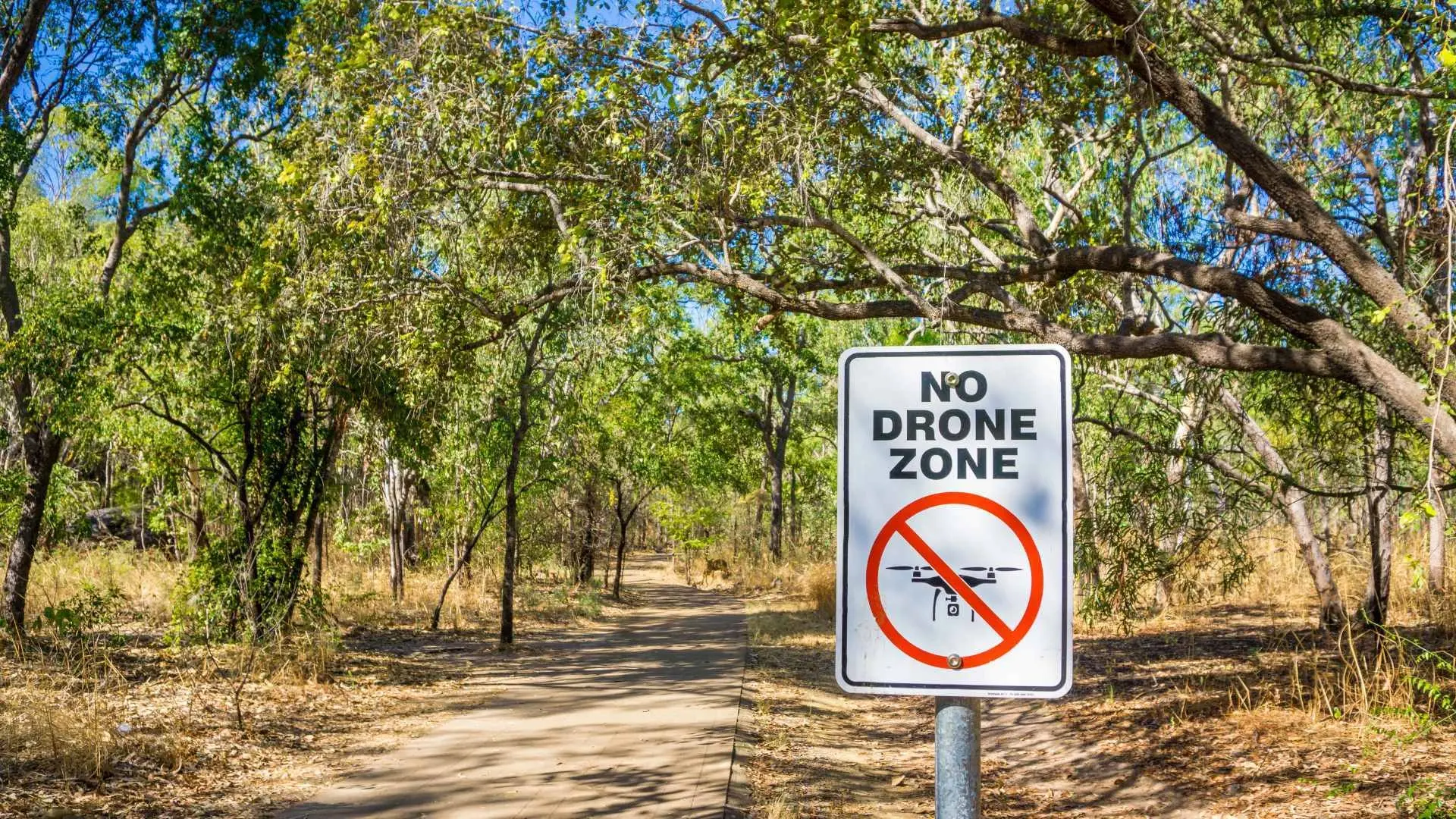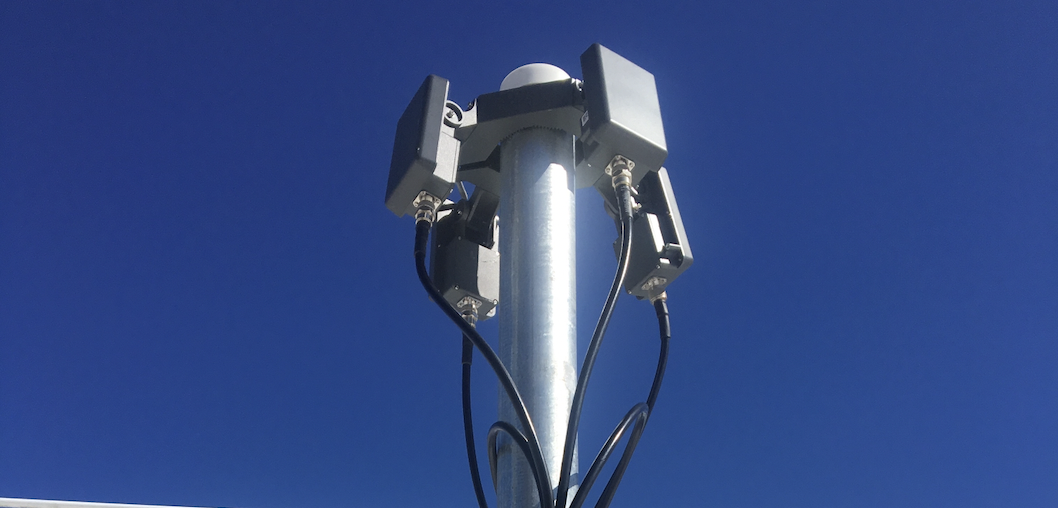Drones have become easily accessible to everyone and flying them in random places can be dangerous and illegal!. Drones are considered aircrafts and it's essential to keep in mind the restrictions and regulations limiting their operation.
One of the most important considerations is avoiding no-drone zones, areas where drone flights are prohibited for safety, security, or environmental reasons.
In this blog post, we'll explore some of the most common no-drone zones in the United States and discuss the potential consequences of violating these restrictions.
No-Drone Zones: A Closer Look
-
National Parks: To protect wildlife and preserve natural areas, drones are generally prohibited in national parks. Flying in these areas can disturb ecosystems and disrupt the peaceful enjoyment of visitors.
-
Airports and Controlled Airspace: Drones pose a significant risk to manned aircraft, so flying near airports or in controlled airspace is strictly prohibited. These areas are designated for commercial and private aviation, and drones can interfere with their operations.
-
Government Facilities: For security reasons, drones are typically not allowed near government facilities, including the White House, the Pentagon, and military bases. These locations are considered sensitive and require protection from unauthorized aerial surveillance.
-
Sports Arenas and Events: To ensure public safety and prevent disruptions, drones are often banned at sporting events, concerts, and other large gatherings. Flying drones in these areas can pose a risk to spectators and interfere with the event.
-
Prisons and Correctional Facilities: Drones can be used to smuggle contraband into prisons, posing a security threat. Flying drones near these facilities is strictly prohibited.
Consequences of Violating No-Drone Zones
Violating no-drone zone regulations can result in serious consequences, including:
- Fines: You may face hefty fines, ranging from a few hundred dollars to several thousand dollars, depending on the severity of the violation.
- Criminal Charges: In some cases, violating drone regulations can lead to criminal charges, including imprisonment.
- Drone Confiscation: Your drone may be confiscated by authorities.
- Loss of Remote Pilot License: If you hold a commercial drone pilot license, it may be revoked or suspended.
Additional Considerations
- Temporary Flight Restrictions (TFRs): The FAA may impose TFRs in specific areas due to events, emergencies, or other reasons. It's essential to check for any active TFRs before flying.
- Local Regulations: In addition to federal regulations, some states or municipalities may have their own drone laws and restrictions. It's important to research and comply with local regulations.
Understanding and respecting no-drone zones is crucial for responsible drone operation. By avoiding these restricted areas, you can help ensure the safety of yourself, others, and the airspace. Always check for local regulations and use resources like the FAA's B4UFLY app to determine whether your intended flight location is in a no-drone zone.











